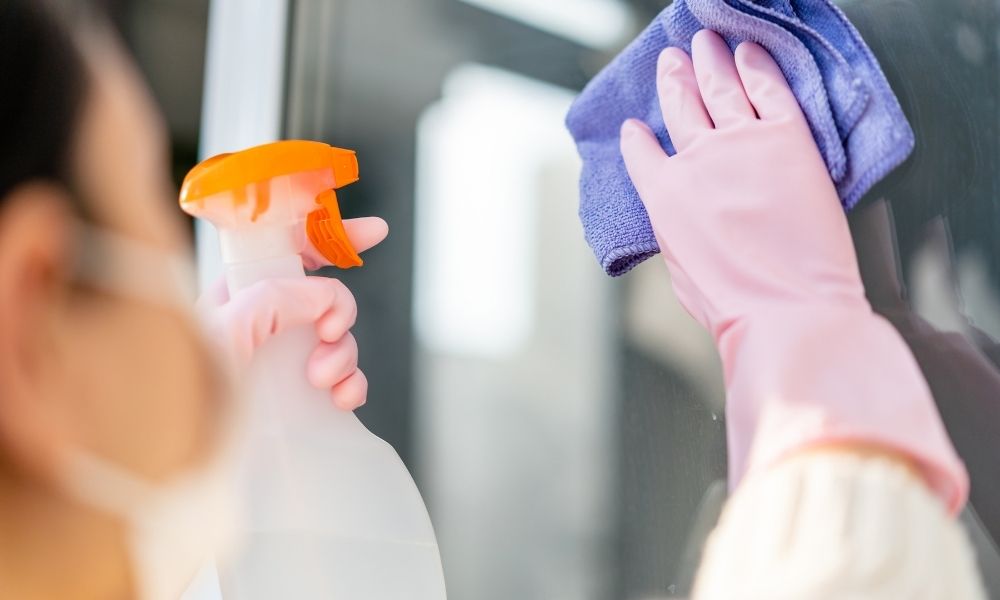
“I should get paid for this,” you may be thinking after spending two hours cleaning and sanitizing the bathrooms in your house (and another two washing windows). If you think this, you’re not alone: cleaning is a competitive business, but with the right preparation, you may be able to set up shop as a professional cleaner. Here’s what you need to start your own cleaning business.
Clarity and a Plan
Cleaning private residences is one type of service involved in a cleaning business. But schools, park districts, and office buildings employ cleaning services too. When you envision your successful cleaning company, do you see vans or trucks pulling up to large buildings, or do you see a car with three or four cleaners pulling into a private driveway?
You should also take an honest look at your skills and interests. Specializing in a type of cleaning you are particularly good at and knowledgeable about might be better than trying to tackle everything at once. You could concentrate on windows, carpets, or wood-floor cleaning services, eco-friendly cleaning, or renewing grout and tile.
Knowing your community and your target market is essential before you take a step toward opening your own business. When you know what category of customer you want to serve, you’ll be able to plan accordingly.
In general, it’s easier, less expensive, and faster to start an individual cleaning business serving residential customers.
Funding. Licensing, and Insurance
For residential cleaning, your startup costs may be low. You’ll be using your own or your client’s cleaning supplies and probably driving your own car. But to start your own cleaning business, you’ll need to set up a business structure, like a limited liability corporation, with a name for your business. You should obtain business insurance to cover business-related accidents or losses.
Write a business plan that includes a budget for marketing, equipment, insurance, transportation costs, and supplies. With a solid plan, you can approach lenders for assistance with startup costs. You should also check state and local regulations to find out if you need any special business license to open a cleaning service.
As your business grows, you may need to invest in high-quality commercial cleaning equipment. You’ll need to learn how to choose the right equipment, like sturdy commercial vacuum cleaners, to handle constant, heavy use. With more clients, you might add employees and additional vehicles, and you’ll need more insurance to cover both the people and the cars.
Demonstrate Your Skills and Seek Referrals
Most residential cleaners find clients through referrals. Establish a social media presence for your business, and ask people for whom you’ve provided cleaning in the past for reviews and recommendations.
If you’re truly starting for the first time, clean a friend or family member’s home and ask for honest feedback. If they’re happy with your work, they should be willing to leave positive comments on your website, review site, or in a local Facebook group where people seek referrals for house cleaners.
Don’t be afraid to ask for advice. Talk to friends and family and find out what they prefer in a home cleaning service and what would drive them away. You can tailor your pricing, services, and scheduling to satisfy clients willing to pay for cleaning services that meet their needs.






